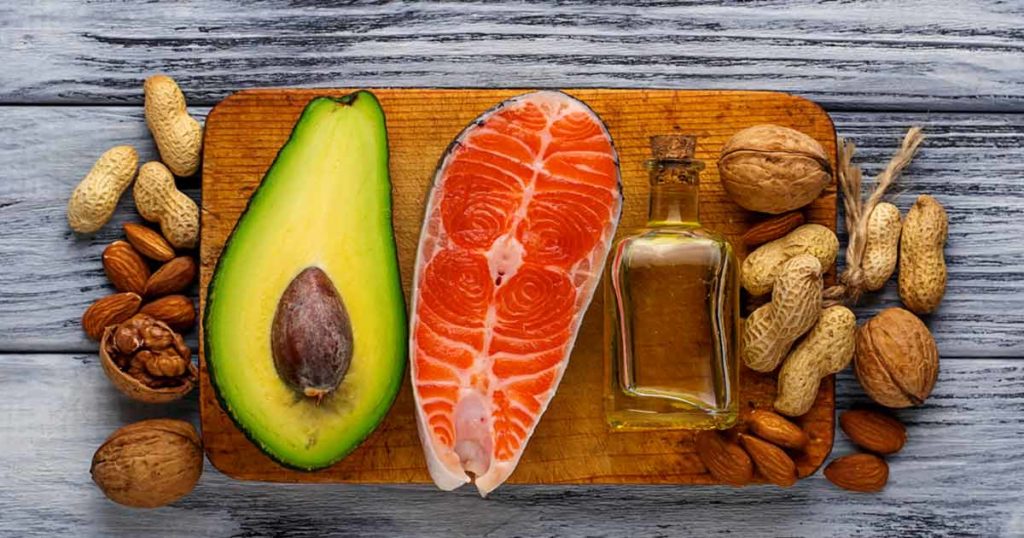The food we eat plays a huge role in our overall health, including our mental health. Research has shown that eating certain foods can help with the treatment of signs of bipolar disorder, while some foods may frustrate your efforts to alleviate symptoms. Whether you desire to supplement traditional treatment methods or are taking a fully holistic approach, you or your loved one with bipolar disorder can benefit from making wise food choices.
What is Bipolar Disorder?
Bipolar disorder is a serious mental health disorder that is characterized by intense and unpredictable emotions. Sufferers generally suffer from cycles of episodes characterized by extreme depression or extreme elation (manic episodes). During these episodes, symptoms go deeper than changes in behavior. Energy, thought processes and sleep are also affected. Signs and symptoms of bipolar disorder include:
- Difficulty sleeping
- Fast speech
- Agitation
- Feelings of extreme happiness
- Impulsive behavior
- High-risk behavior
- Racing thoughts
- Low self-esteem
- Sadness
- Difficulty concentrating
- Suicidal thoughts
Foods to Eat for Bipolar Disorder
Eating an overall healthy diet by avoiding foods high in carbohydrates and saturated fats is something we should all consider, but for individuals who suffer from bipolar disorder, a healthy diet can help manage the illness itself. Studies have found that by improving an individual’s overall health, some symptoms of bipolar disorder can be alleviated as well. The following foods have been found to be beneficial for individuals who suffer from the cycles of bipolar disorder: Fatty Fish: Fish that is high in fat has been proven to help reduce anxiety. Acceptable varieties include:
- Herring
- Mackerel
- Trout
- Albacore tuna
- Salmon
If eating fish isn’t an option, taking fish oil can also be beneficial. Taking .5 to 1.8 grams of fish oil per day can help improve symptoms. Berries: Berries can help reduce levels of cortisol, known as the “stress hormone,” helping with recovery time in stressful situations. Whole Grains: Whole grains have a calming effect on one’s mood, which is attributed to a boost of serotonin. Beans: Pinto beans, kidney beans, lentils and other beans are an excellent source of magnesium, which can help to reduce the effects of mania. Dark Chocolate: Like berries, dark chocolate can help to regulate stress hormones. This is excellent news for chocolate lovers! Chamomile Tea: Chamomile tea has been proven for centuries to remedy anxiety and insomnia.
Foods to Avoid with Bipolar Disorder
Just as there are foods that can help with the treatment of bipolar disorder, some foods can exacerbate negative signs of bipolar disorder or can interfere with medications prescribed for its treatment. Grapefruit and Grapefruit Juice: Grapefruit has the ability to increase the levels of certain medications in the blood. Check with your doctor before eating this food. Caffeine: Caffeine is a known agitator for many people. Caffeine can contribute to sleeplessness and nervousness. By removing caffeine from one’s diet, these symptoms may be alleviated. Moderate amounts of caffeine may be okay in some individuals. Regardless of whether you plan to kick the habit entirely or just cut back, wean yourself gradually. High Fat Foods: High fat foods can slow the time it takes for some bipolar medications to be absorbed into the body, inhibiting their benefit. Alcohol: Alcohol is a depressant. Because sufferers of bipolar disorder battle depression, it is a good idea to completely avoid the substance. According to the National Institute of Mental Health, individuals with bipolar disorder are five times more likely to experience dependency or abuse issues when it comes to alcohol. By incorporating beneficial foods in an individual with bipolar disorder’s diet, and avoiding the ones that can potentially lead to problems, an improvement in symptoms is possible! Sources: WebMD: Bipolar Diet Foods to Avoid https://www.webmd.com/bipolar-disorder/guide/bipolar-diet-foods-to-avoid#1 American Psychological Association: Recognizing the Signs of Bipolar Disorder https://www.apa.org/helpcenter/recognizing-bipolar.aspx

